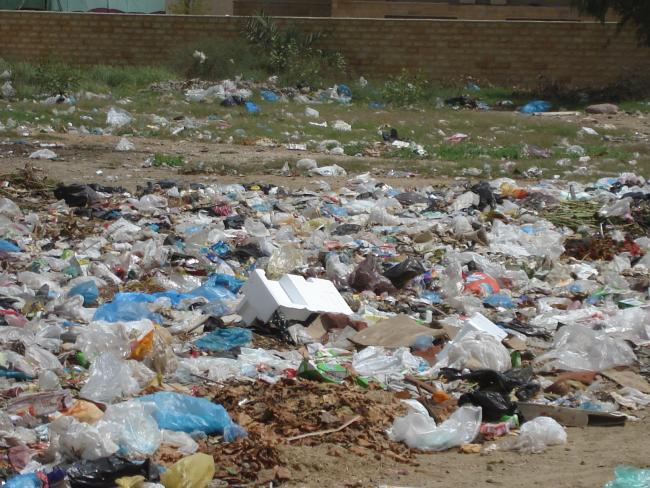Articles Menu

....by this time next year the flow of plastic containers, cups, lids and utensils from restaurants, fast food outlets and other businesses serving prepared food within city limits will have virtually stopped...
Thank heavens for Berkeley. The famously liberal Bay Area city’s government may go over the top at times, but is not afraid to take tough and unpopular stands against public health and environmental threats. It adopted the nation’s first tax on sugary drinks, for example. It was an early adopter of curbside recycling and banned polystyrene (what you might think of as Styrofoam) 30 years ago, way before it was hip to do so.
So perhaps it was only natural that Berkeley would be the first California city to take on the challenge of crafting a truly comprehensive plan to reduce single-use plastic trash. After months of hearings and study, the city council adopted the Single-Use Disposable Foodware and Litter Reduction Ordinance Tuesday to force a shift from plastic to compostable food containers. If everything goes as planned, by this time next year the flow of plastic containers, cups, lids and utensils from restaurants, fast food outlets and other businesses serving prepared food within city limits will have virtually stopped.
The city’s goal, however, is not just to change the composition of its trash piles. It’s also to reduce them. Waste, no matter its makeup, comes with a cost to manage. (At least part of the rationale for the new ordinance is to cut back on cleanup costs and to meet regional goals of zero litter in stormwater by 2022). To that end, Berkeley consumers will be required to pay an extra quarter on every take-out cup they use, even after restaurants switch to compostable ones.
City officials estimate that about 40 million to-go cups are used every year in Berkeley alone, so the fee will generate a fairly sizable amount of cash. The businesses get to keep the money and can use it to offset the higher cost of supplying compostable take-out containers, but they are required to make that customers know they are getting dinged for not bringing in a reusable cup. Fees are known to change behaviors.
Also, dine-in restaurants in Berkeley will be prohibited from using anything but reusable cups, forks, plates and the like, starting in mid 2020.
There are other elements of the ordinance that bear mentioning. The city plans to set up a grant program to help dine-in restaurants make the transition to reusable plates and cups. The city will install more composting bins to deal with both the heavy volume of compostable takeout containers as well the food remains they carry. And in three years, the city plans to establish a program to develop reusable take-out containers, which has never been done on a large scale so far. If the city can find a model that works, that could be a game-changer for take-out trash worldwide.
In short, this is a big deal, and officials in other cities and the state capital ought to pay close attention. It’s the kind of broad approach we have urged policymakers to develop, given the vast amount of plastic waste accumulating on the planet — particularly in oceans, rivers and other waterways. So far, the response has been to adopt bans or restrictions on individual items, such as grocery bags or plastic straws. Those kinds of policies get attention but don’t make appreciable dents in the staggeringly high – and ever growing — volume of disposable plastic produced every year.
Meanwhile, plastic is piling up in the natural environment because it doesn’t biodegrade. Instead, it breaks down into small pieces that are easily ingested by sea birds and creatures, killing some of them. Microplastic particles, which may contain toxins, have been found pretty much everywhere, including in our drinking water and in the food chain. The long-term health effects of this aren’t well studied, but are unlikely to promote good health.
Berkeley, at least, answered the call to think beyond bags and straws. And while we’re not endorsing every piece of this complex ordinance, officials there deserve credit for the courage and patience it took to enact such an ambitious, aggressive waste reduction effort that could serve as the test case for other cities and states.